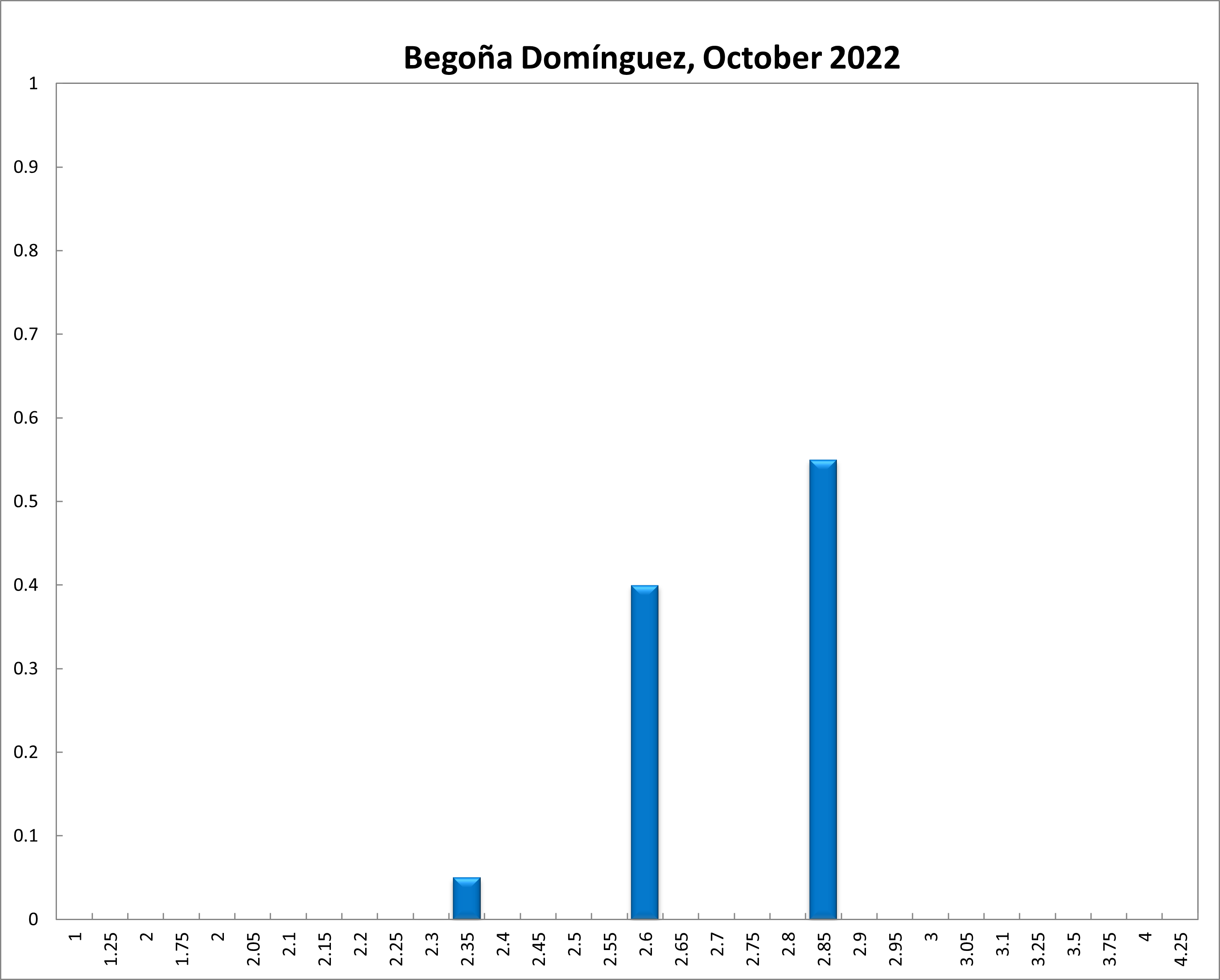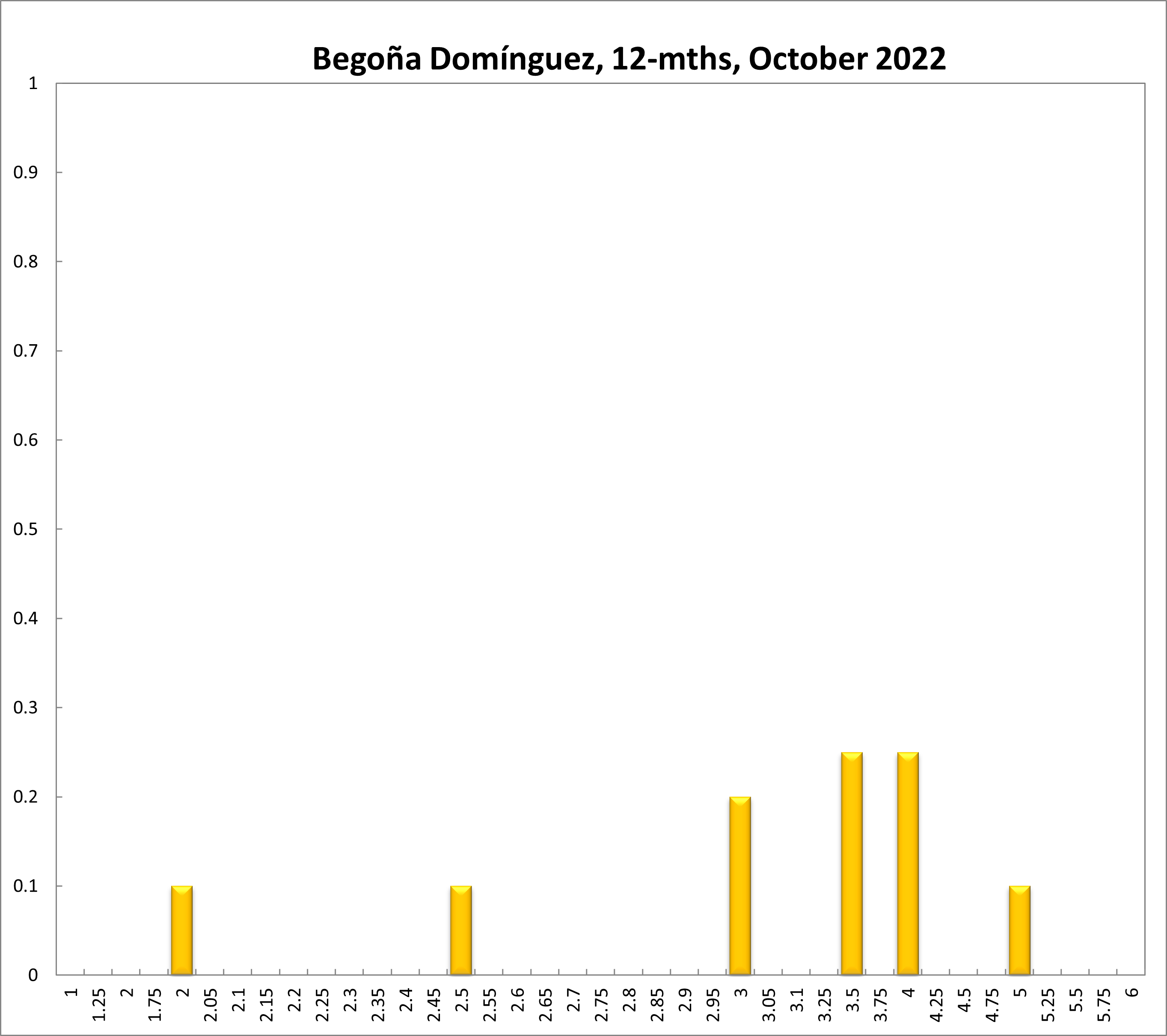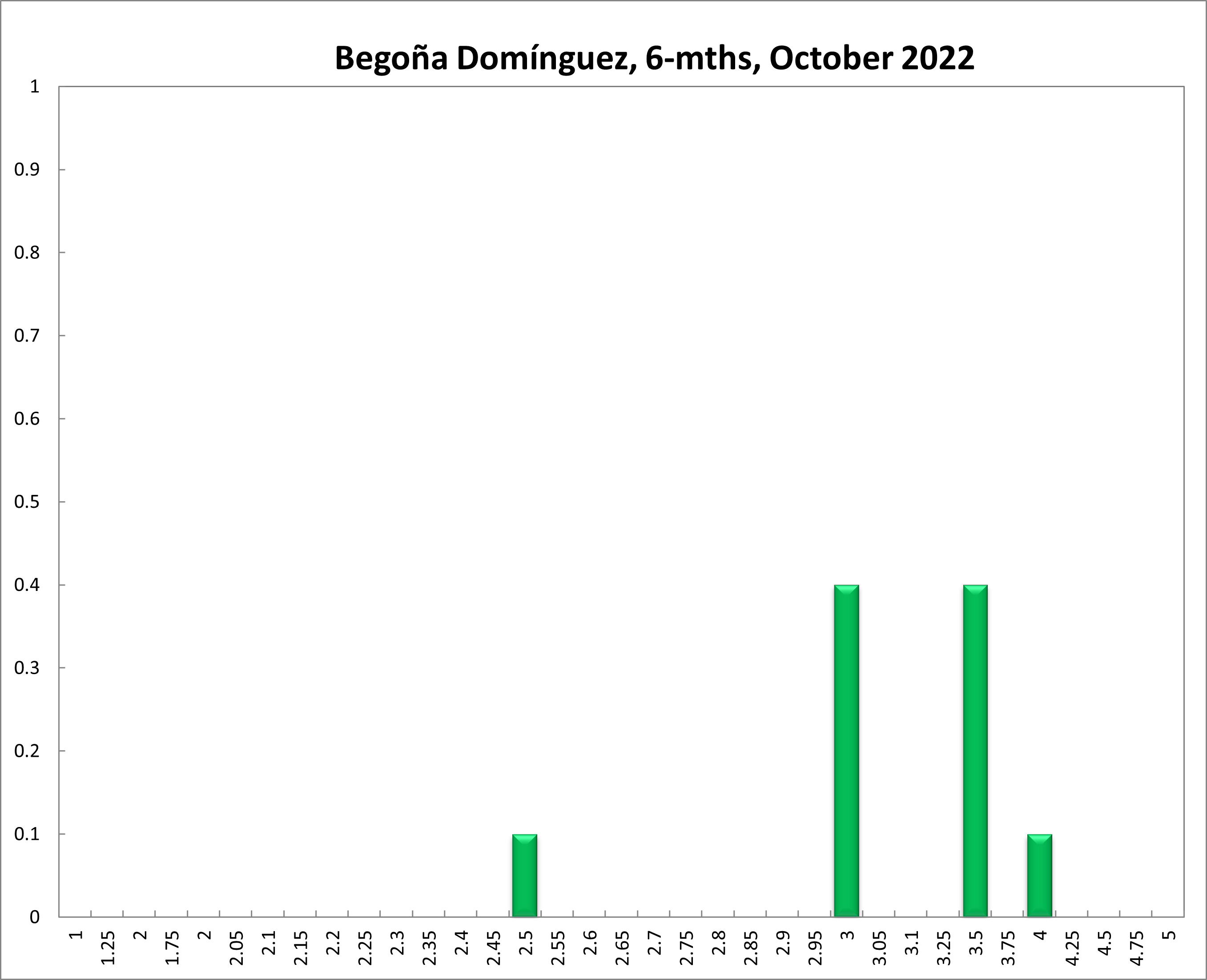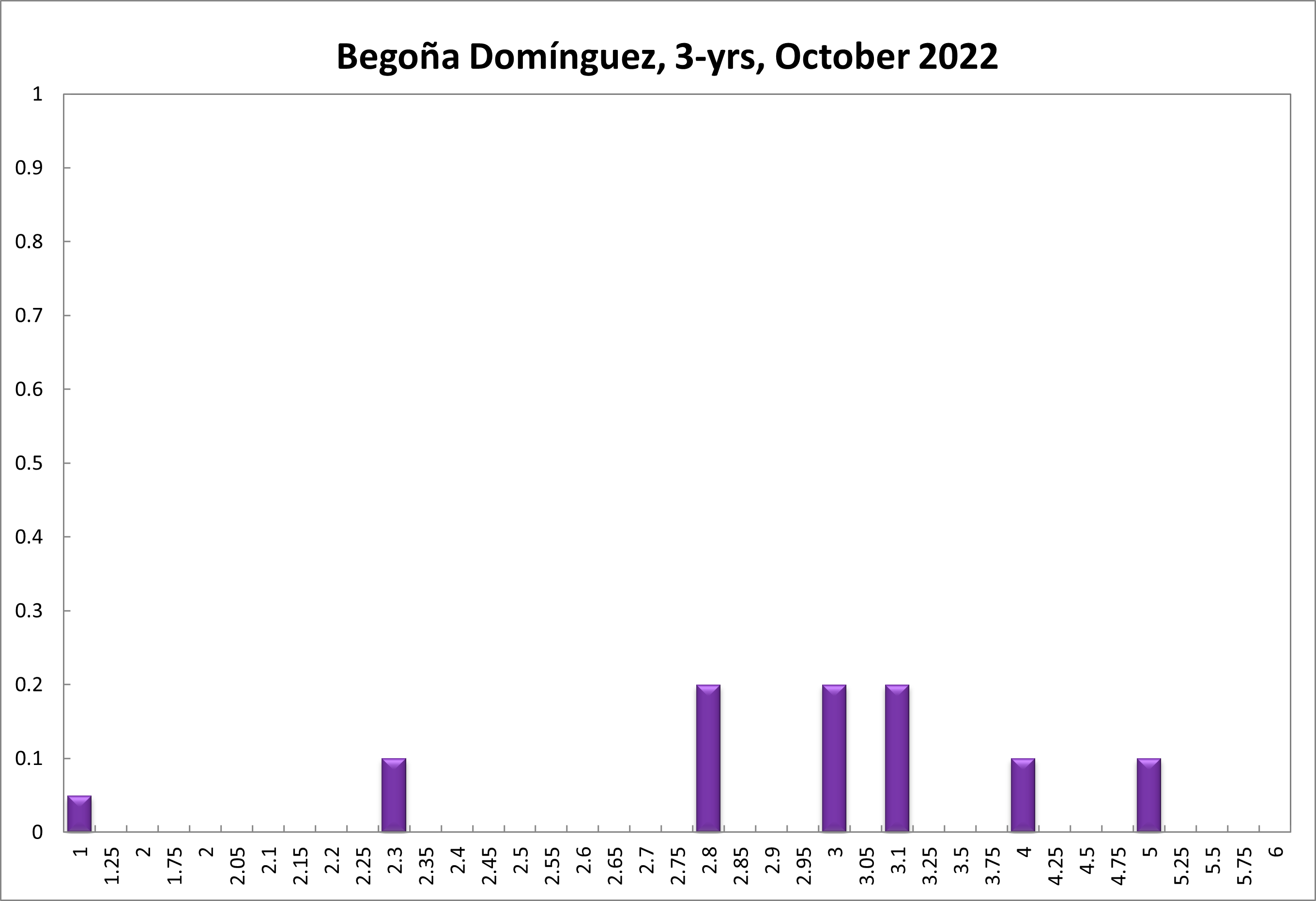Begoña Domínguez
Today (29 Sept 2022) Australian Bureau of Statistics (A.B.S.) released the monthly CPI indicator for Australia. This is a very welcome innovation from the A.B.S. that will facilitate the work of the Reserve Bank of Australia (R.B.A.) as well as many academics, public and private sector economists, and policymakers. Dr David Gruen AO said that “The monthly CPI indicator saw annual inflation of 6.8 per cent in August compared to 7.0 per cent in July and 6.8 per cent in June”. Dr Gruen also indicates that the slight fall from July to August was mainly due to a decrease in fuel prices. These numbers clearly show that annual CPI is well above target. However, inflation has slowed down in August. In my opinion, at this point, this is just one observation rather than an established trend. Global factors and in particular the war in Ukraine could lead to further increases in energy prices over the coming months and even years (due to the need for transition to greener energy).
Dr Gruen also states that inflation of food and non-alcoholic beverages increased to 9.3 %, with very large increases particularly in the fruit and vegetables category. This is very concerning as these are essential products that will particularly affect families in modest income brackets.
In the last few days A.B.S. has also released additional data that shows that retail trade remains strong (rose 19.2% from August 2021 to August 2022), but job vacancies have started to decrease (2.1 % from May to August 2022) particularly in the private sector (3.1 % fall in the same period). So the economy remains strong but there are signs that it could start cooling down.
The R.B.A. has the difficult task of bringing down this inflation to its target while maintaining full employment. With inflation at 6.8 % and the cash rate target at 2.35%, I believe the R.B.A. should continue with its monetary policy tightening, respond strongly, and increase the cash rate in this monthly meeting. However, over the following coming months, it should start considering a more gradual approach to minimise the risk of recession (i.e. to engineer a soft-landing). That will involve paying close attention to the distribution and trends of inflation and expectations of inflation (to ensure these are well anchored) as well as to indicators of the real economic activity.




Updated: 18 July 2024/Responsible Officer: Crawford Engagement/Page Contact: CAMA admin










